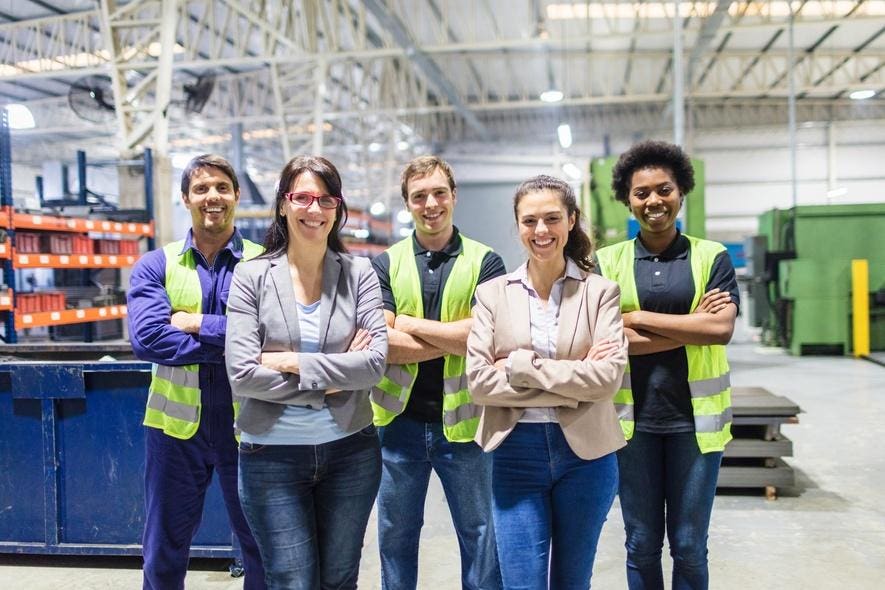The surge of interest in employee ownership, particularly in the form of Employee Stock Ownership Plans (ESOPs), has been on the rise in recent years. This trend has been fueled by various factors, including a growing recognition of the benefits of employee ownership for business owners, high-performing companies, employees, and communities. The National Center for Employee Ownership reports an increase in the number of ESOPs and participating employees in recent years, indicating a broader interest in this form of ownership.
While some skeptics question the motives of private equity firms such as Blackstone and KKR in promoting employee ownership, the positive impact on employees cannot be denied. Employees at portfolio companies that share in equity growth stand to benefit significantly, as evidenced by the example of C.H.I. Overhead Doors employees receiving a substantial payout from KKR’s sale of a PE company. This demonstrates that employee ownership can have a transformative effect on the lives of workers and communities.
Research findings from the National Center for Employee Ownership highlight the benefits of ESOPs, including lower voluntary quit rates, higher household net wealth, wage income, and job tenure for employees, as well as increased retirement savings. ESOPs have also outperformed non-ESOPs in job retention, pay, and workplace health safety, particularly during the COVID-19 pandemic. Engaged employees at ESOP companies report increased motivation, engagement, loyalty, and job security.
The rise in ESOP participation is also attributed to the acceleration of ESOPs acquiring other ESOPs or non-ESOPs, as well as increased government and state support. In 2022, Congress adopted a new pro-employee ownership program, including the creation of an Employee Ownership Initiative office and expanding tax benefits for S corporations. Half of the states now have state employee ownership centers, which serve as hubs for outreach and education about the benefits of employee ownership.
These resources and support from Congress, states, and private equity firms like KKR and Blackstone are making employee ownership more accessible and less complex for business owners and financial owners. This momentum suggests that the trend of employee ownership, including ESOPs, will continue to grow. As more companies recognize the benefits of employee ownership, it is clear that we are indeed in the Decade of the ESOP.


